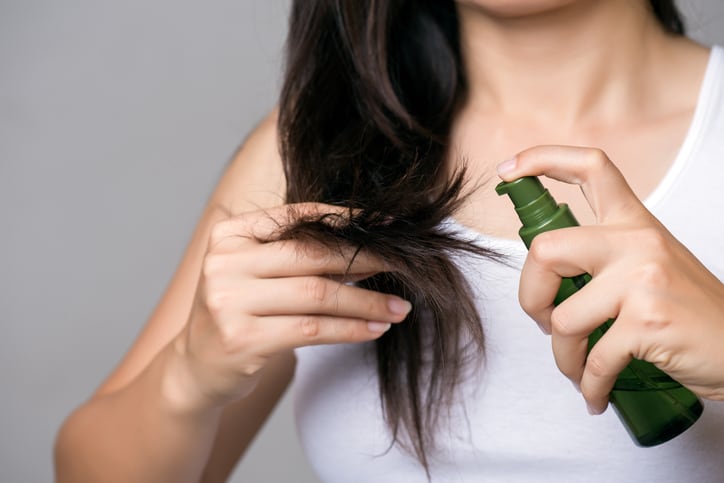NNIBR is a research institute established under South Korea’s the Ministry of Environment and specialises in research of freshwater organisms.
The centre collaborated with Jeju National University (JNU) to study the Viola verecunda plant, which is found locally in the Gyeonggi, Gangwon, and Jeju provinces.
According to NNIBR, Viola verecunda is a species of violet that grows in the wet, mountainous areas of Northeast Asia.
In eastern medicine, the plant, excluding roots, is used as a medicinal ingredient used to treat external injuries.
Researchers observed the effect of the extract by treating dermal papilla cells extracted from laboratory mice with 0.1 μg/ml of Viola verecunda extract.
The papilla is a structure at the base of the hair follicle is known to play an important role in the formation of hair follicles and hair growth.
The study observed that the extract increases cyclin D1 protein expression, which activates the proliferation cycle of papillary cells.
Furthermore, it was found to decreases p27 protein expression, which inhibits the proliferation cycle.
The researchers hypothesised that the extract promotes cell proliferation by activating a signalling pathway that regulates cell growth.
Safer and more effective?
NNIBR said the research was motivated by the rising interest in anti-hair loss products and the limitations of current solutions available in the market, such as minoxidil.
Minoxidil is an FDA-approved over-the-counter medication that is typically used as a topical treatment of male-pattern hair loss.
Even though it is widely used, minoxidil is also known to cause side effects such as scalp irritation, temporary hair loss and unwanted facial or body hair. More severe side effects include headaches, chest pains and swelling of hands and feet.
To determine the effectiveness of the extract against an agent like minoxidil, the researchers conducted an experiment testing 0.1 μg/ml of Viola verecunda extract against 2 μg/ml of minoxidil.
The result showed that Viola verecunda extract was just as effective, if not more effective than minoxidil.
NNIBR said that it had successfully registered the extract in the International Cosmetic Ingredient Dictionary (ICID) as a cosmetic raw material.
In addition, the institution revealed that it has since filed a patent for the Viola verecunda extract as a component for promoting hair growth and inhibiting hair loss.
Based on these results, NNIBR has announced that it had plans to undertake further research into functional cosmetics and its effect on hair growth and loss.
Jung Sang-cheol, director of the Microbiology Research Division at NNIBR believes this research has furthered its mission to discover more native resources with useful properties and functions.
“The results of this study will further the discovery of the diverse values of native organisms in Korea and utilise them industrially to contribute to the development of the national biological industry.”




